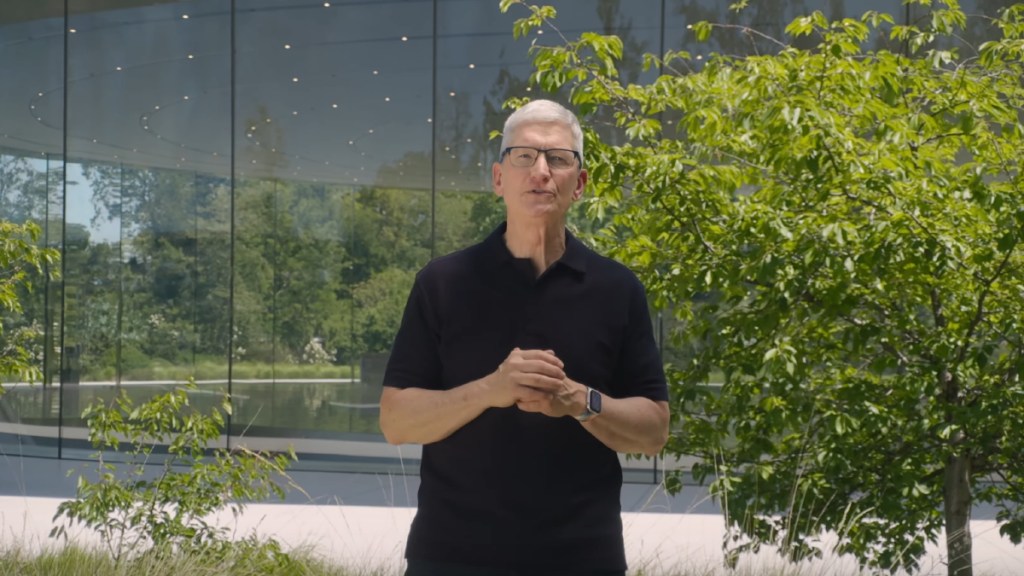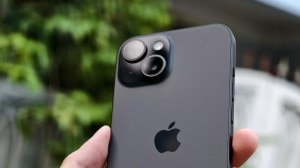Apple CEO Tim Cook has acknowledged that despite rigorous efforts to ensure the technology’s readiness, he could not guarantee that Apple Intelligence would be free from errors or “hallucinations.”
“I think we have done everything that we know to do, including thinking very deeply about the readiness of the technology in the areas that we’re using it in,” Cook said in an interview with The Washington Post. “So I am confident it will be very high quality. But I’d say in all honesty that’s short of 100 percent. I would never claim that it’s 100 percent.”
Apple introduced the Apple Intelligence system at the Worldwide Developers Conference (WWDC) on Monday in a bid to bring advanced AI features to the iPhone, iPad, and Mac. The company tried to avoid using the word artificial intelligence or AI as much as possible, rather it pushed for a new concept called “personal intelligence” to highlight its focus on personal context and tight privacy guardrails for end-users. But at its heart, Apple Intelligence is still based on generative models, and so, is inherently open to some of the same limitations including hallucinations.
AI hallucination refers to instances when artificial intelligence systems produce incorrect, misleading, or nonsensical information. This can happen because language models powering them generate responses based on patterns in the data they were trained on, rather than understanding the content in a human-like way. Consequently, they might create plausible-sounding but factually inaccurate or logically inconsistent outputs. Google’s Gemini AI overviews recently came under the scanner for such hallucinations, suggesting cats have been to the moon or it was okay to use glue to put cheese on your pizza. Apple’s AI or personal assistant could do that, too, in the near future.
At WWDC 2024, Apple also announced a partnership with OpenAI to integrate ChatGPT into its devices. The integration could spell wonders for Siri in particular letting it respond to complex tasks and queries better than before. Discussing the collaboration, Cook praised OpenAI’s advanced AI model calling it a “pioneer” in privacy. Though in future, the company remains open to integrate other AI models, including Google Gemini, into its ecosystem, a move that was also confirmed by Craig Federighi, Apple’s Senior Vice President of software engineering, during a post-keynote session.
Cook called Apple Intelligence the “new chapter in Apple innovation” in a statement released post WWDC. The OpenAI deal seems like a temporary measure as Apple looks to fine tune its own models before going full throttle. It’s possibly one of the reasons why it’s launching it in beta as well.
Alphabet and Google CEO Sundar Pichai has previously come out in defence of AI hallucinations saying, these limitations could help in specific areas like creative and art, but the overviews experience proved it’s more of a problem even if that problem may exist in the eyes of the beholder. Google has since scaled down on AI overviews. Apple, being the tech behemoth that it is, is aware of these challenges which is why it has always tread carefully on these waters. There’s still some time before Apple Intelligence rolls out for the general public. Only time will tell how personal and secure the experience really is.








